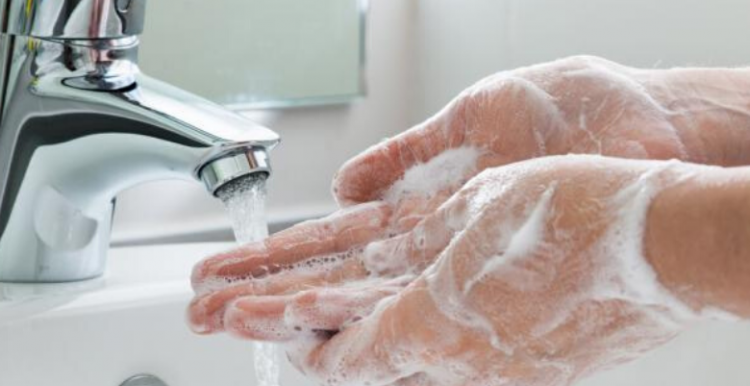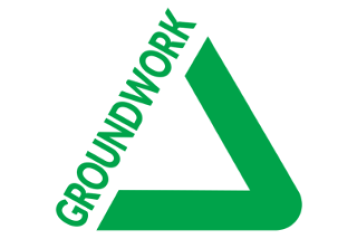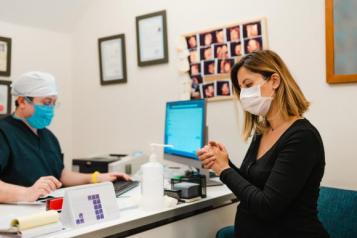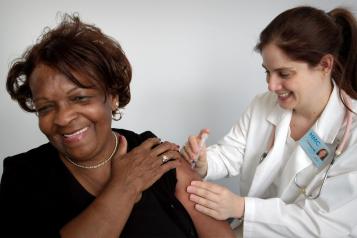New national COVID lockdown: information

Recently we provided some information on local COVID alert levels, and the way in which Greater Manchester was affected. These restrictions continue to apply until Thursday 5th November, when they are replaced by national restrictions.
As COVID-19 case numbers are rising rapidly across the UK and internationally, the UK Government has decided to impose another national lockdown similar to the one imposed earlier this year in March.
The purpose of this lockdown is to reduce our day-to-day contact with other people in order to reduce the spread of the coronavirus.
Here are some of the activities and practices that will be affected from Thursday:
General advice: stay at home
You should not leave your home except for specific circumstances, such as:
- Childcare or education
- Work purposes (where your place of work remains open and you cannot work from home)
- Outdoor exercise
- Visiting an outdoor public place
- Any medical concerns or emergencies
- Shopping for necessities (e.g. food and medicine)
- Visiting members of your support bubble or to provide care for a vulnerable person
Stay safe outside the home
You should minimise time spent outside your home and when around other people ensure that you are two metres apart from anyone not in your household or support bubble.
Remember - ‘Hands. Face. Space’:
- hands – wash your hands regularly and for 20 seconds
- face – wear a face covering in indoor settings where social distancing may be difficult, and where you will come into contact with people you do not normally meet
- space – stay 2 metres apart from people you do not live with where possible, or 1 metre with extra precautions in place (such as wearing face coverings or increasing ventilation indoors)
Meeting with family and friends
You must not meet socially indoors with family or friends unless they are part of your household - meaning the people you live with - or support bubble.
A support bubble is where a household with one adult joins with another household. Households in that support bubble can still visit each other, stay overnight, and visit outdoor public places together.
You can exercise or visit outdoor public places with the people you live with, your support bubble, or 1 person from another household (children under school age, as well as those dependent on round-the-clock care, such as those with severe disabilities, who are with their parents will not count towards the limit on two people meeting outside).
Outdoor public places include:
- parks, beaches, countryside,
- public gardens (whether or not you pay to enter them), allotments
- playgrounds
You cannot meet in a private garden.
Businesses and venues
To reduce social contact, the Government has ordered certain businesses and venues to close. These include:
- all non-essential retail, including, but not limited to clothing and electronics stores, vehicle showrooms, travel agents, betting shops, auction houses, tailors, car washes, tobacco and vape shops.
- indoor and outdoor leisure facilities such as bowling alleys, leisure centres and gyms, sports facilities including swimming pools, golf courses and driving ranges, dance studios, stables and riding centres, soft play facilities, climbing walls and climbing centres, archery and shooting ranges, water and theme parks,
- entertainment venues such as theatres, concert halls, cinemas, museums and galleries, casinos, adult gaming centres and arcades, bingo halls, bowling alleys, concert halls, zoos and other animal attractions, botanical gardens;
- personal care facilities such as hair, beauty and nail salons, tattoo parlours, spas, massage parlours, body and skin piercing services, non-medical acupuncture, and tanning salons.
Food shops, supermarkets, garden centres and certain other retailers providing essential goods and services can remain open. Essential retail should follow COVID-secure guidelines to protect customers, visitors and workers.
Non-essential retail can remain open for delivery to customers and click-and-collect.
Playgrounds can remain open.
Hospitality venues like restaurants, bars and pubs must close, but can still provide takeaway and delivery services. However, takeaway of alcohol will not be allowed.
Hotels, hostels and other accommodation should only open for those who have to travel for work purposes and for a limited number of other exemptions which will be set out in law.
A full list of the business closures will be published and set out in law.
Some venues will be allowed to remain open for specific exempt activities, like childcare and support groups. Support groups that are essential to deliver in person can continue with up to 15 participants where formally organised to provide mutual aid, therapy or any other form of support. This includes support to victims of crime, people in drug and alcohol recovery, new parents and guardians, people with long-term illnesses, people facing issues relating to their sexuality or gender, and those who have suffered bereavement.
A number of public services will also stay open and you will be able to leave home to visit them. These include:
- the NHS and medical services like GPs. We are supporting the NHS to safely carry out urgent and non-urgent services and it is vital anyone who thinks they need any kind of medical care comes forward and seeks help.
- Jobcentre Plus sites
- Courts
- Civil Registrations Offices
Weddings, civil partnerships, religious services and funerals
Funerals can be attended by a maximum of 30 people, and it is advised that only close friends and family attend. Linked ceremonial events such as stone settings and ash scatterings can also continue with up to 15 people in attendance. Anyone working is not included. Social distancing should be maintained between people who do not live together or share a support bubble.
Weddings, civil partnership ceremonies will not be permitted to take place except in exceptional circumstances.
Places of Worship will be closed, unless they are being used for:
- Funerals
- To broadcast acts of worship
- Individual prayer
- Formal childcare or where part of a school
- Essential voluntary and public services, such as blood donation or food banks
- Other exempted activities such as some support groups
For additional advice and information, such as specific guidance for at-risk people and accessing financial support, please visit the gov.uk website.
You can also contact us for advice and support.


